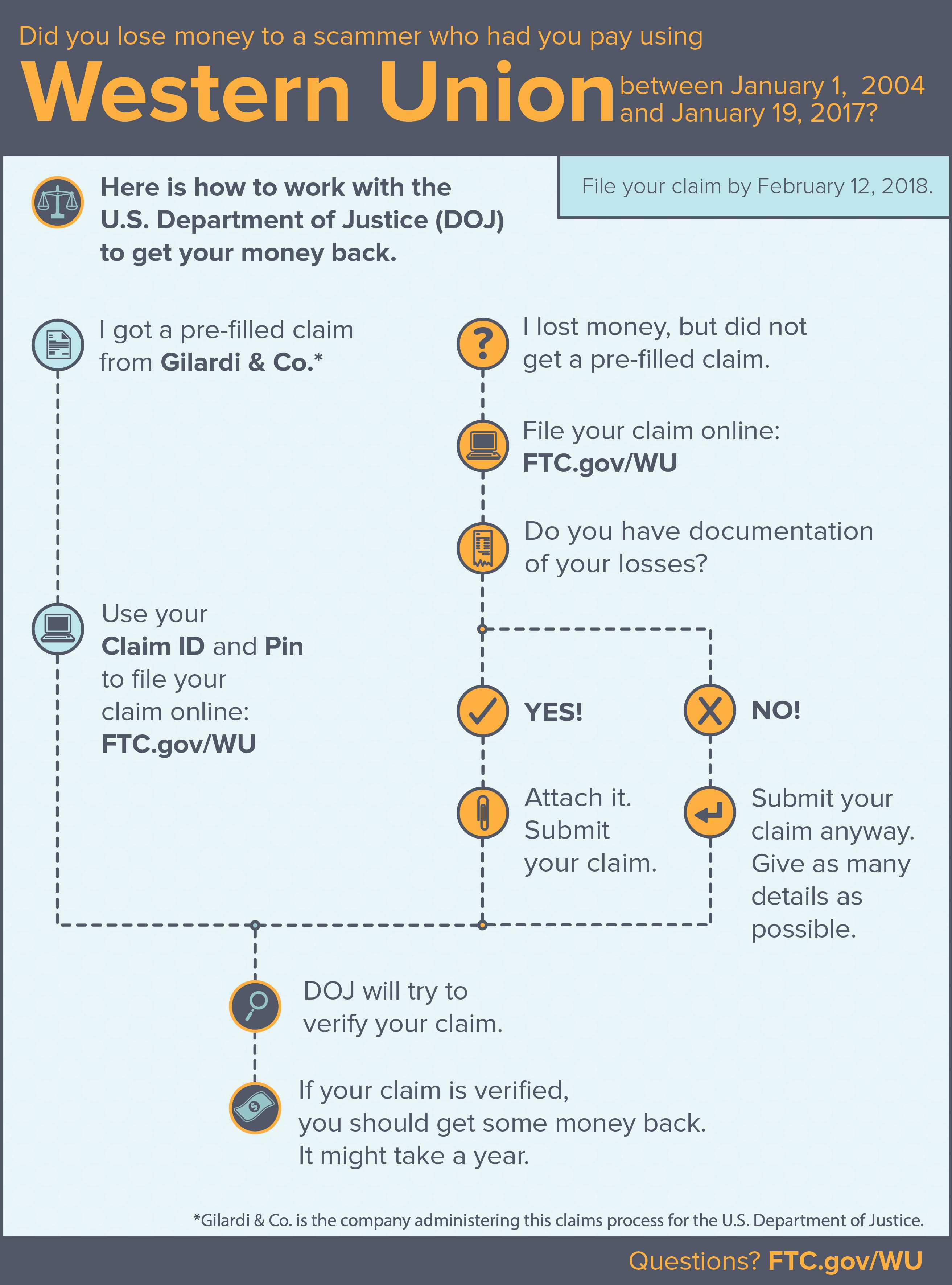Have you ever had a mechanic knock on your door to tell you that he was driving by, saw that your car wasn’t running correctly, and decided to come by and fix it? He helpfully takes apart your engine at your request, but then stops working and demands money to finish. You pay what he requested, he works a little more, but tells you more is broken than he thought and that he needs more money. This cycle continues until you stop giving him money, at which point you’re left with a disassembled car in your driveway and a lot less cash in your wallet than you started the day with.
What mechanic could know your car's repair needs simply from driving by? Moreover, why would the "repairs" happen in your driveway? If this situation sounds nonsensical, that's because it is. But, that’s basically the same idea as a common fraud technique: The PC cleaning scam.






%20(1200%20x%20628%20px)%20(952%20x%20317%20px)-1.png)
%20(2)-1.png)
.png)




%20(952%20x%20317%20px)-2.png)

